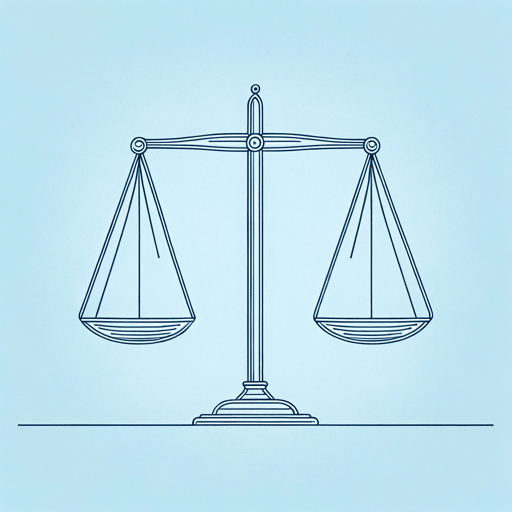54 pages • 1 hour read
Ezra KleinWhy We're Polarized
Nonfiction | Book | Adult | Published in 2020A modern alternative to SparkNotes and CliffsNotes, SuperSummary offers high-quality Study Guides with detailed chapter summaries and analysis of major themes, characters, and more.
Index of Terms
Divided Government
Only possible in a presidential system, such as that of the United States, “divided government” refers to the situation in which two different parties control at least one chamber of the legislative branch and the presidency. Connecting divided government thematically to the Consequences of Polarization in the US System of Governance, Klein argues that with increasing polarization, the US government becomes dysfunctional in this situation, as the parties are not willing to compromise with one another as they were prior to polarization.
Filibuster
A filibuster allows a minority in the Senate to block passage of a bill. Although the famous filibusters involve endless talking, the filibuster is more common and potent when simply threatened. The majority then declines to bring the bill for a vote. It takes 60 votes to end a filibuster, using a process called cloture. Since it is rare for one party to have 60 seats, the filibuster is a potent tool for the minority party to derail the majority party’s agenda. Klein notes the increasing use of filibusters in polarized times and their antidemocratic nature.
Featured Collections
Books on U.S. History
View Collection
Hispanic & Latinx American Literature
View Collection
Jewish American Literature
View Collection
Nation & Nationalism
View Collection
New York Times Best Sellers
View Collection
Political Science Texts
View Collection
Politics & Government
View Collection
Psychology
View Collection
Sociology
View Collection

